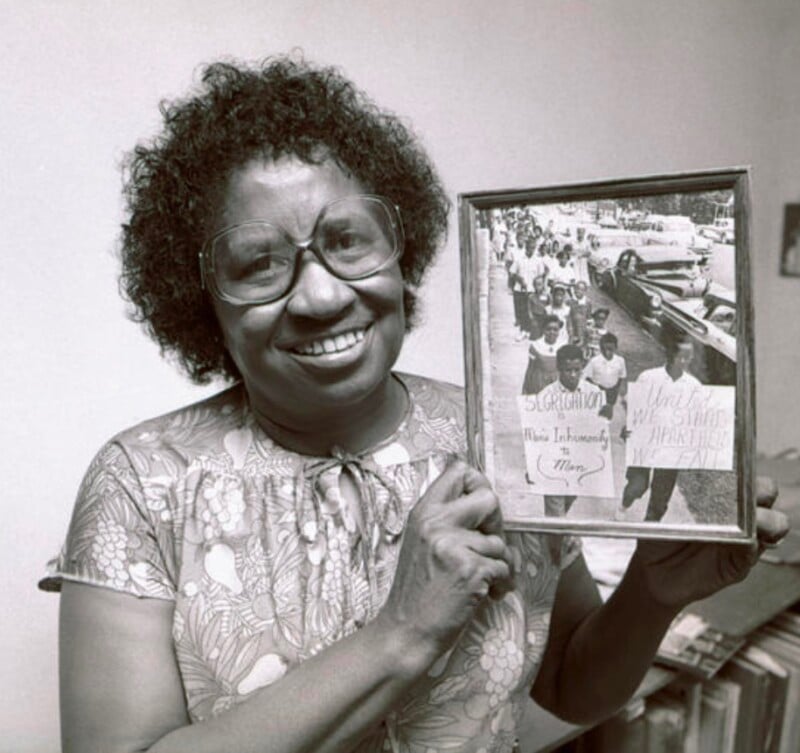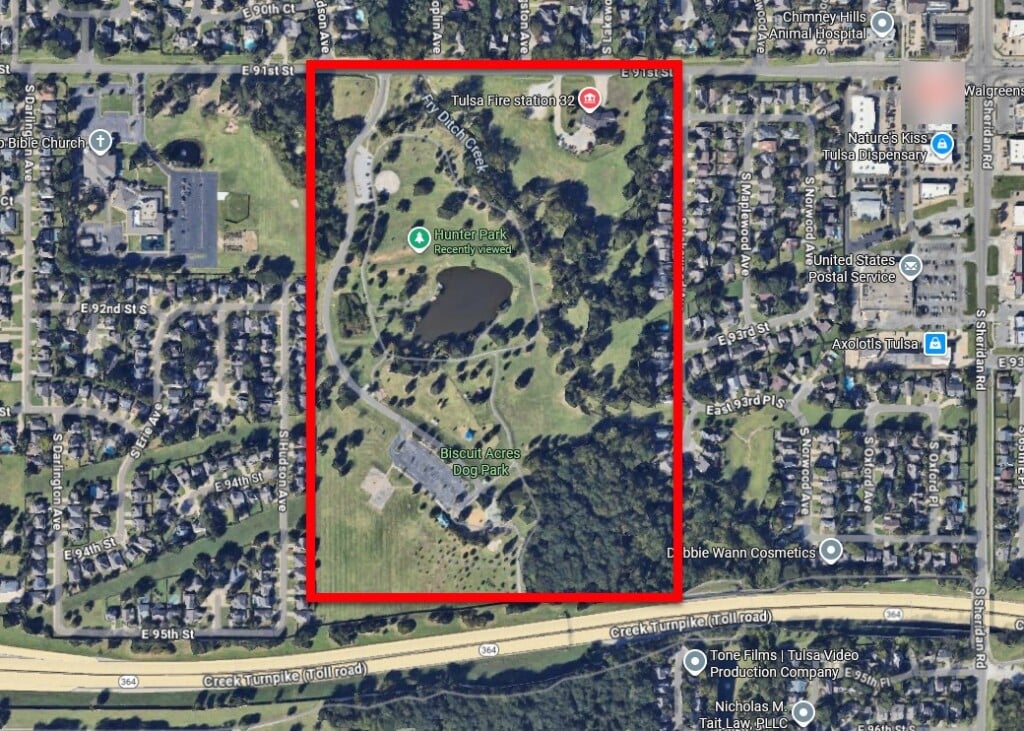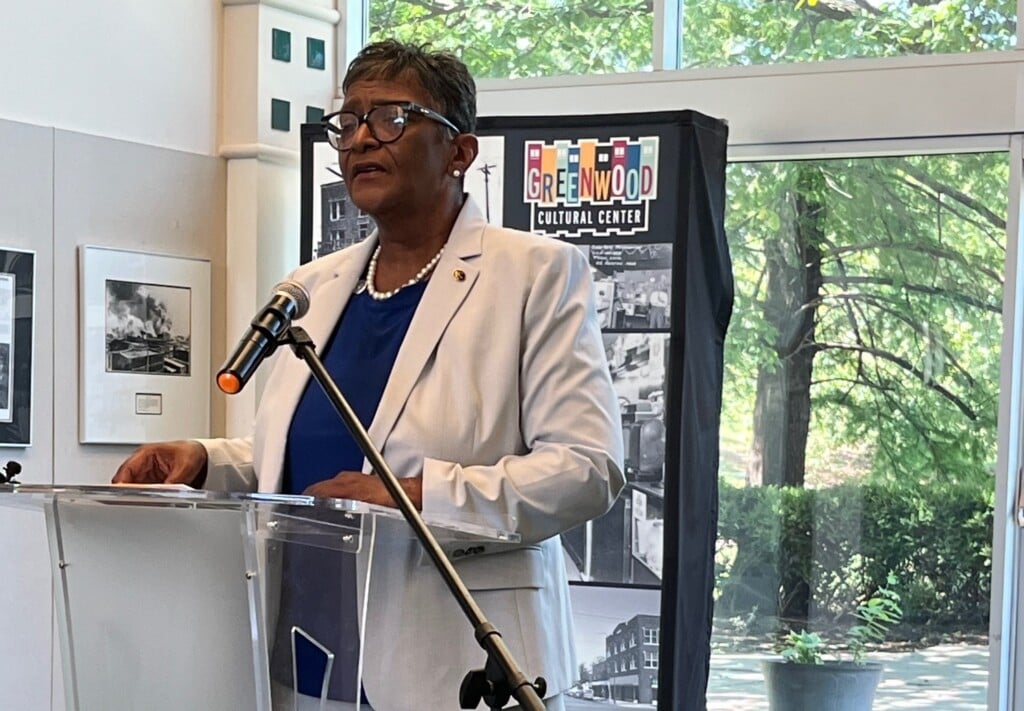It’s OK to Talk About It – But Actions Speak Louder Than Words

The vigils here and across the nation for 16-year-old Nex Benedict, a nonbinary student at Owasso High School who died last week, helped me see that there are many kind and caring people who envision a state and a country where everyone is safe and protected. I hope that an investigation into Nex’s death will eventually reveal what happened to them. In the meantime, speculation will fly and social media will burn hot until this dies down and the next nonbinary or LGBTQ person is attacked. We can’t fix what happened to Nex, but we can ask ourselves what we can do now. I know. It feels overwhelming. We don’t yet know exactly what happened to Nex, but we do know that they said they were bullied at school. So, if you were one of those people holding a candle at a vigil, here are some ways to take action.
Research anti-bullying policies
What is the state’s policy on bullying? What is your child’s school policy on bullying? If your child is being bullied, would you know?
According to the Pew Research Center, over half of teens say online harassment and online bullying is a problem. Two out of 10 middle and high school students said they were bullied at school and that the classroom was the most common location of bullying. Gay, lesbian or bisexual high schoolers were twice as likely as heterosexual kids to be bullied, both at school and online. The research did not include nonbinary or trans students.
Fewer than half of middle school and high school students notified an adult about the bullying.
Many times, children and young people don’t tell adults they are being bullied because they fear the bullying will become worse. Or they may want to protect their parents. Too often, adults may fail them or not take them seriously. Sometimes the adults are the bullies. Sometimes our own leaders and policymakers are the bullies.
The Oklahoma State Department of Education has a bullying prevention policy. You can find out more about that and how to report bullying here: sde.ok.gov/bullying-prevention
Schools are required to have an anti-bullying policy. Find out what it is. Work to make sure that it is implemented and that all the teachers and staff are trained. Each public school site should have a Safe School Committee. The committee should have seven members who are then asked to make recommendations to the site administrator on “unsafe conditions, student bullying (including policy), professional development needs…methods of encouraging involvement of the community students.” Ask about this Safe School Committee and the policies at your child’s school. Can you be a member?
You can find the bullying prevention policies here: stopbullying.gov/resources/laws/oklahoma. I can’t help but wonder if these policies were followed regarding Nex.
Make sure parents are informed
Once you find out what your child’s school is doing to create a safe, anti-bullying environment for all students, find out if parents have been informed of these policies. Oklahoma’s anti-bullying laws require districts to provide educational programming for parents in preventing, identifying, responding to, and reporting incidents of bullying. Schools and parents can use Nex’s death as a teachable moment. They can reiterate anti-bullying policies. Hold assemblies where all students and parents know those policies and what to do if they encounter bullying.
A hostile environment for LGBTQ students creates a hostile environment for all students. Unfortunately, our state leaders are not good examples of creating a safe environment for all students. Gov. Stitt has signed laws that make it less safe for LGBTQ students. And State Superintendent Ryan Walters has a long record of anti-LGBTQ actions and rhetoric.
Safe, inclusive environments can be created at every school. Parents can take the lead on this. We can do something. Don’t stop with going to a vigil for a life cut short. Make Nex’s life mean something by taking meaningful action against hate.
Did your child’s school administration make you aware of safe school policies? Has your child been bullied at school? How was it handled? What recommendations do you have?











